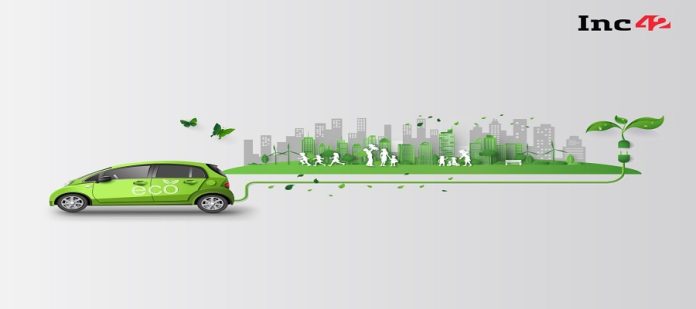While electric vehicles (EVs) promise eventual savings by eliminating fuel expenses, the upfront investment often deters buyers due to higher costs compared to internal combustion engine (ICE) vehicles. Minimines, a Bengaluru-based clean tech startup, aims to address this challenge. The primary contributor to EV’s elevated upfront costs is the imported lithium-ion battery pack, constituting up to 40% of the total EV cost. Minimines’ solution targets these pricey components, potentially reducing EV prices and promoting adoption.
In order to reduce the cost of electric vehicles (EVs), it’s crucial for India to establish its own production of lithium-ion cells, according to an advisor at NITI Aayog responsible for infrastructure connectivity, transport, and e-mobility.
Given India’s limited lithium reserves compared to China or South Korea, an effective approach for India to initiate lithium-ion battery production is by recycling obsolete batteries and other electronics containing this metal. Presently, many manufacturers dispose of electronic waste, including batteries, through incineration. While some waste does make it to recycling centres, traditional methods like pyrometallurgy and carbothermal treatments often struggle to fully extract the metal, resulting in mixed elements rather than pure elements. These methods also contribute to substantial carbon dioxide emissions.
MiniMines has introduced an enhanced and eco-conscious technique for extracting and reusing lithium and other valuable metals from batteries and industrial byproducts. Established by Anupam Kumar and Arvind Bhardwaj in 2021, the startup claims that its exclusive hybrid-hydrometallurgy process can attain an impressive purity level of around 96%. This process efficiently extracts elements like lithium and precious metals in their elemental forms. Notably, the process has a minimal environmental footprint, as it produces no water, residual, or carbon dioxide waste or emissions. Anupam Kumar highlighted the significance of this innovation, mentioning that India discards approximately 70,000 tonnes of lithium-ion waste annually, including batteries from cell phones, laptops, and wireless headphones. Despite the substantial investment in importing lithium cells for electric vehicles, a substantial quantity of valuable and recyclable lithium-ion waste ends up in landfills or is incinerated.









